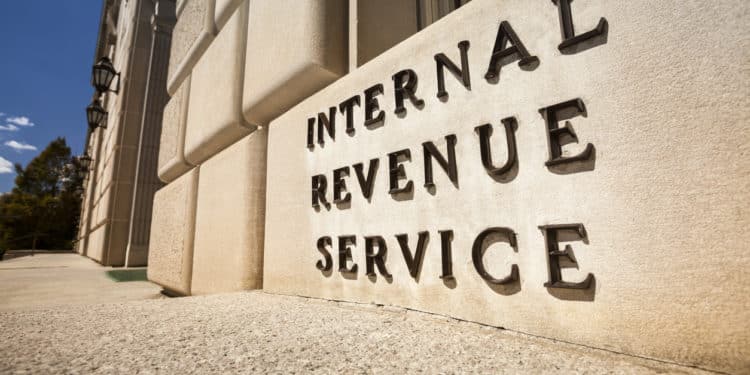On September 8, the U.S. Court of Appeals for the Federal Circuit ruled that the Internal Revenue Service (IRS) did not retaliate against a former employee. The court ruling upholds a decision from the U.S. Merit Systems Protection Board (MSPB) that the IRS did not violate the Whistleblower Protection Act (WPA) because it did not act in retaliation when it denied an employee’s request to transfer to another position within the agency.
The former employee, Kiesha Lewis, claimed she was unfairly denied a request to temporarily become a labor and employment relations specialist at the IRS because she had previously filed a whistleblower complaint against her supervisor. The whistleblower complaint, filed in 2017, alleged that Lewis’s supervisor prematurely allowed contractor work to begin before it was properly cleared. Additionally, Lewis received a performance review, which rated her as having “met expectations,” which is lesser than “exceeded expectations.” She claimed that this review was also an act of retaliation in response to her whistleblowing. The WPA prohibits federal agencies from taking retaliatory action against employees who make whistleblower disclosures.
Lewis resigned from the IRS in 2017 and filed a complaint with the Office of Special Counsel (OSC), alleging that the IRS had violated the WPA. After finding no violation, the OSC terminated its inquiries, and Lewis subsequently appealed this decision to the MSPB. The MSPB likewise denied Lewis’s allegations of WPA violations. The MSPB did find that Lewis’s whistleblower complaint was a protected disclosure and that, based on the knowledge-timing test, her disclosure was a contributing factor in the IRS’s performance review and denial of the job request. Therefore, the burden of proof fell on the IRS to prove that it would have made the same decisions in the absence of Lewis’s whistleblowing.
The MSPB ruled that the IRS sufficiently proved this. Specifically, the MSPB found that the IRS had sufficient reason to deny her request because the IRS would still have to pay her salary while she was on temporary assignment and because her current department was already understaffed. In regard to the performance review, the MSPB found that declarations by witnesses “showed that while Ms. Lewis was close to the ‘exceeds’ level, she did not timely meet one of her commitments, and while she had performed exceptionally in some aspects of her job, she had merely met expectations in others.”
Lewis appealed the MSPB’s ruling. The court ruled, however, that Lewis “failed to show that the Board’s decision was arbitrary and capricious, contrary to the law, or lacking substantial evidence.” In her appeal, Lewis argued that the IRS’s witnesses were not credible. However, the court ruled that they “see no reason to overturn the Board’s credibility determinations. Ms. Lewis has not shown that either testimony was “inherently improbable or discredited by undisputed evidence or physical fact.”
The Whistleblower Protection Act is the main law protecting federal whistleblowers. Originally passed in 1978, the bill was amended in 1989, 1994, and 2012 in order to fix problems that made it ineffective. However, due to a lack of incentive awards and access to federal jury trials for whistleblowers, the legislation is not as strong as the whistleblower laws that protect most corporate employees.




